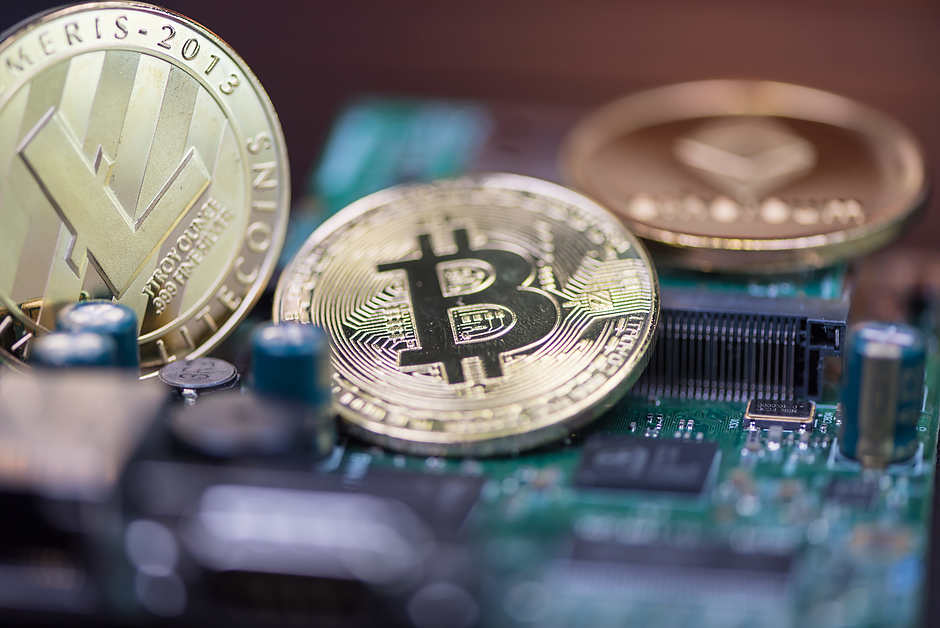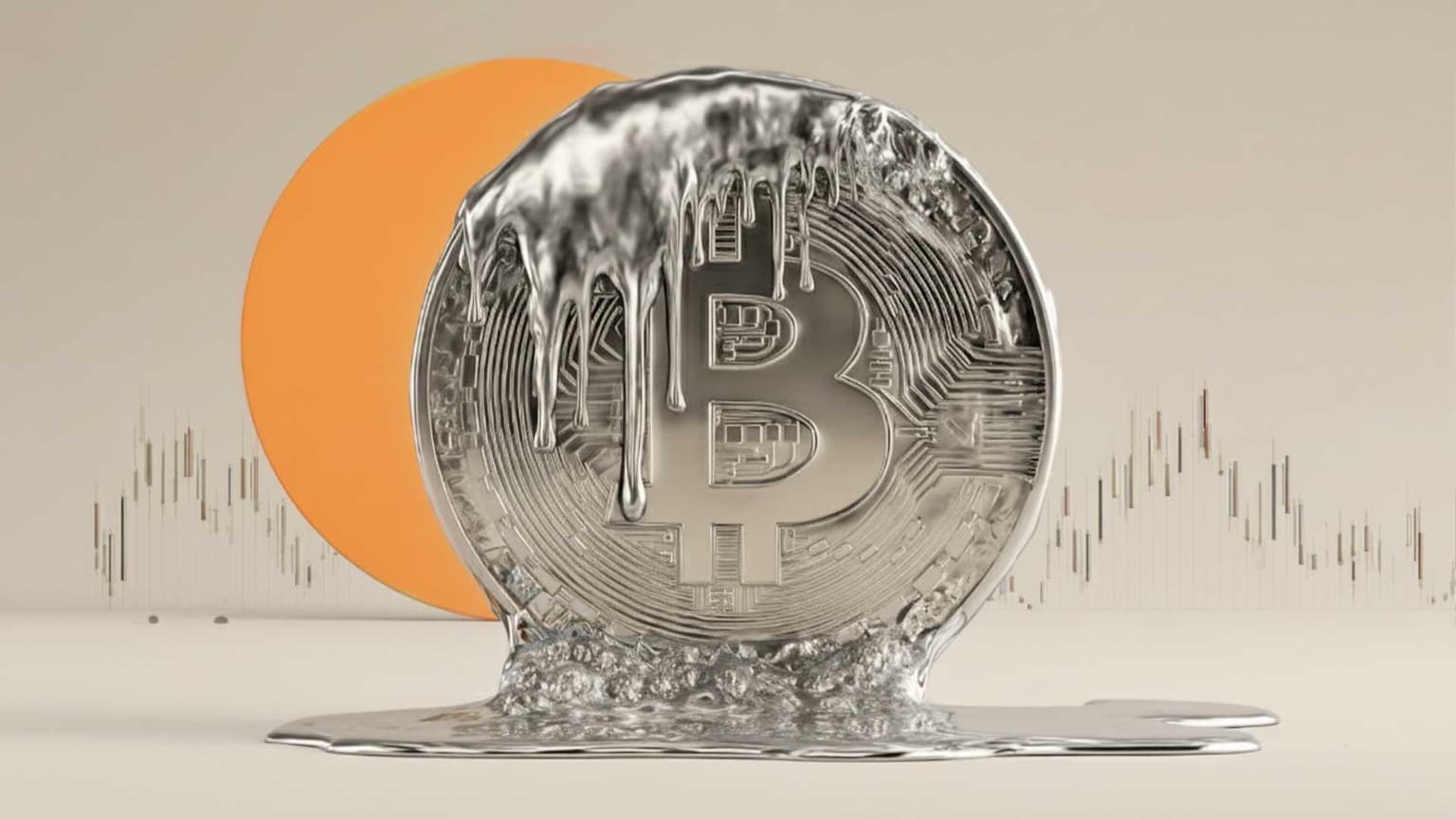Warning: Don't Confuse These Two Kinds of Digital Assets!

If you visit crypto websites or ask casual observers, you might come away thinking there are thousands of "cryptocurrencies" in the world.
Big mistake!
Yes, they're all digital assets. And yes, they look similar on the surface.
But less than one-tenth are true cryptocurrencies.
So, before you invest another penny, you need to understand not only the differences, but also a few of the nuances.
There are two basic kinds:
Digital assets of the first kind are what we consider true cryptocurrencies. We call them "coins."
They include Bitcoin, Ethereum, Cardano, EOS and others — digital money, which could someday function like dollars, euros or yen, but with much more transparency, efficiency and monetary discipline.
Physically speaking, they're just data saved on computer hard drives following rules defined by specialized software. But that, in itself, should not be particularly surprising. The same is true for the money in your bank account, brokerage account or whole life insurance policy.
What's unique is that the data is not stored in a central location or owned by a single organization. It's automatically replicated and stored on countless computers all over the internet in a way that's virtually hack-free, accessible to everyone and, ideally, controlled by no one.
These coins live on what's called "public blockchains," or more broadly speaking "public distributed ledgers." There are hundreds of them. And many are supported by serious teams of developers.
Digital assets of the second kind are not true cryptocurrencies. Many people call them "ICOs." We call them "tokens."
They have some of the same physical properties as the coins. But with a couple of exceptions, which we'll get to in a moment, they're little more than receipts for financial donations.
These tokens are touted like stocks that you buy in a company. But most are really like tokens that kids get at Chuck E. Cheese Pizza.
Still, in 2017 and 2018, issuers raised more funds with tokens than was raised by all venture capital firms globally, although this trend slowed down considerably in 2019.
There are thousands in existence, and the overwhelming majority are either failures or scams.
Don't ignore the variations and exceptions!
No naming conventions in the world of cryptocurrencies can ever be as simple as analysts like us would like to make them seem. There are always twists, turns, variations and exceptions. Here are the main ones:
Centrally managed coins. The best example is what's happening in the banking industry.
Banks and other financial institutions are large, centrally controlled, highly regulated institutions. They are naturally uncomfortable — and arguably incompatible — with digital assets that are completely open to anyone and controlled by no one.
"How in the heck do we enter into a contract with no one?" they ask. "And who do we go to when there's a glitch?"
The Ripple company is the leader in offering a hybrid solution for these institutions. Ripple's coin, called XRP, is technologically similar to other coins. But it's managed and maintained by the Ripple company. That not only offers banks the advantages of enhanced security, efficiency and speed, but it also gives them an organization they can deal with. Facebook's Libra is another ledger that intends to work along similar lines.
Tokens to coins. Among the thousands of tokens in the world today, most will always be tokens and nothing more. But there are special-purpose tokens that are very different: They're earmarked to be exchanged for actual coins at a predetermined date in the near future.
Here's an example of how it works: EOS is an advanced coin that boasts faster speeds and better scalability than Ethereum. In June of 2017, its sponsors announced they were going to launch the coin in June of 2018. But they needed to raise funds to finance the development.
So, they held an Initial Coin Offering (ICO) for an EOS token on the Ethereum network and raised $4 billion. Then, when they launched EOS on its own "Mainnet," they swapped the Ethereum-based tokens for EOS coins.
This raises the question: Was the Ethereum-based EOS a token or a coin? In our cryptocurrency ratings model, we treat it as a coin.
Security Tokens. The biggest problem with ordinary tokens has now become blatantly obvious: Most investors thought they would get a chance to participate in the success of a company, like owning common stocks.
But too many were taken to the cleaners. They got no ownership shares, no dividends, and no right to protest mismanagement. Not even protection against outright theft.
Now, however, the industry has a very viable solution: They're encoding into the software new features, including investor rights and protections. They're registering the tokens as if they were securities. And they're on their way to creating what could someday be digital common stocks.
So far, there are just a handful. But soon, they're bound to become the norm, replacing tokens in most cases.
Whether project issuers choose to build investor protections and real functionality into their tokens, or whether they choose to register their digital assets as securities is immaterial.
The bottom line is tokens are slowly evolving to become more useful, and some are even starting to emerge as viable investments.
So, stand by for our in-depth of reviews of the most promising tokens. But for the most part, stick with our highest rated coins.
Author

Juan Villaverde
Weiss Crypto Ratings
Juan Villaverde is an econometrician and mathematician devoted to the analysis of cryptocurrencies since 2012.





